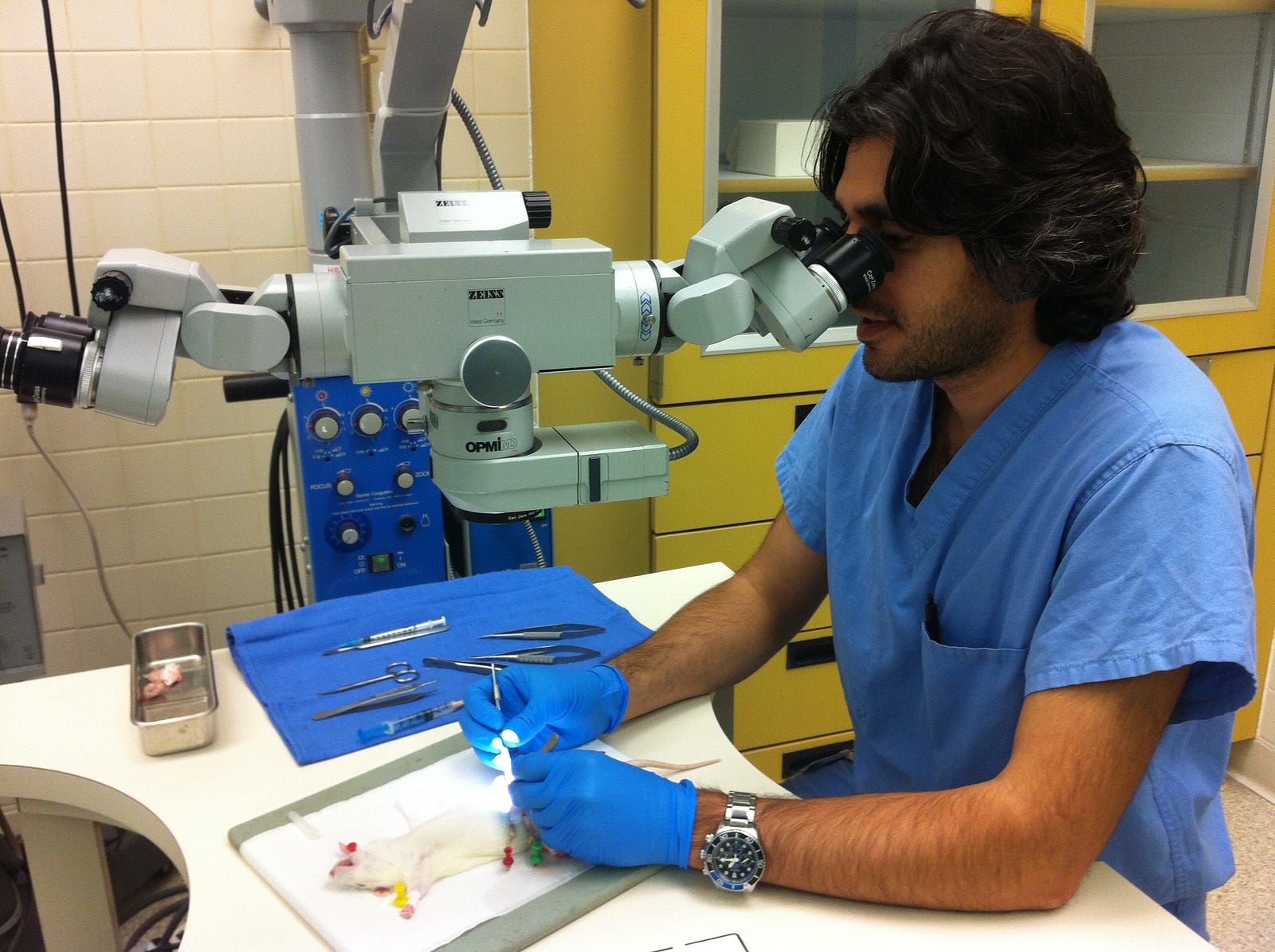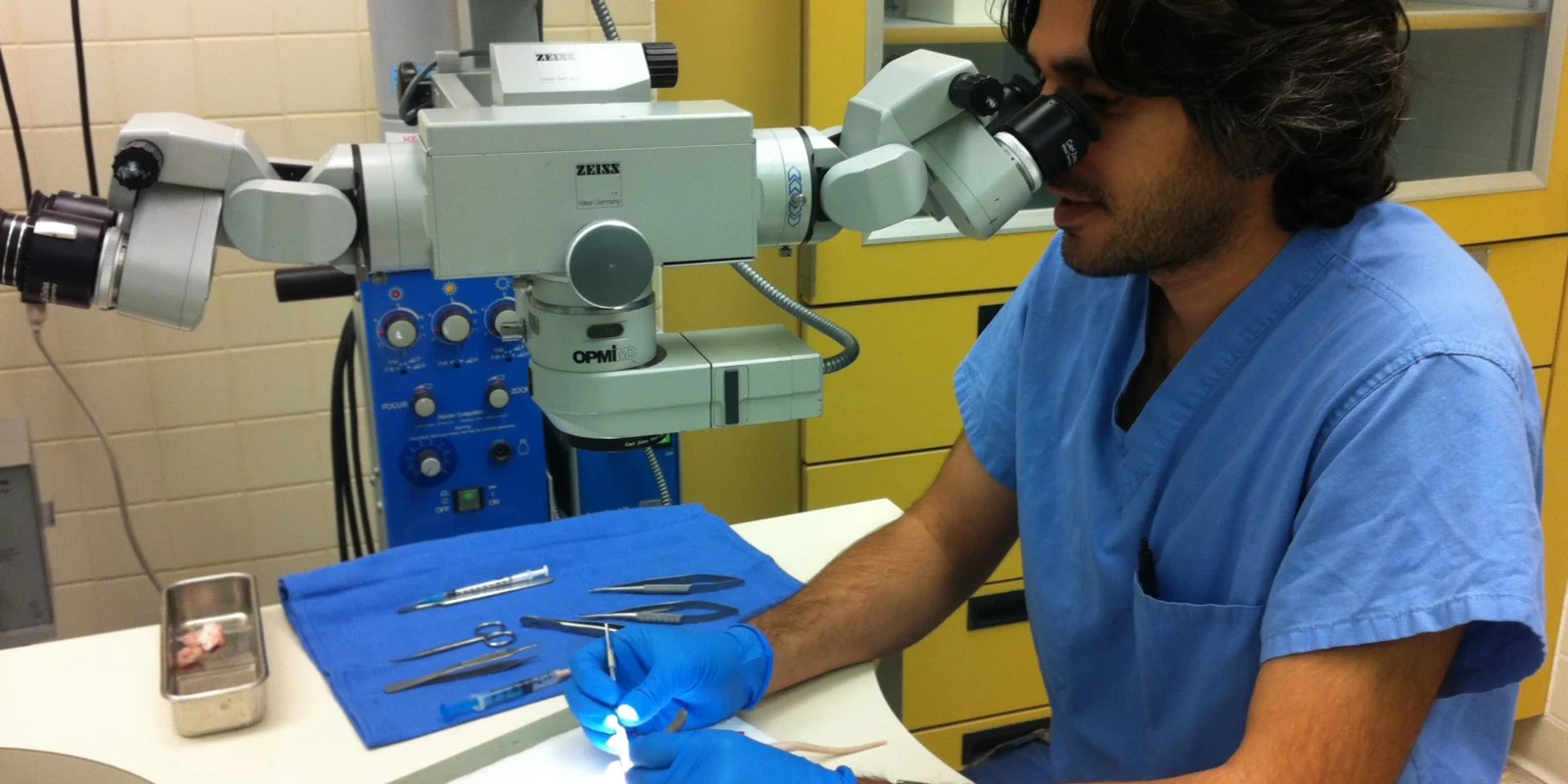
“Plastic Surgery Resident Operative Performance Trends: How Soon Do Independent Residents Catch Up?” brings up a topic on the mind of many programs, do we keep our independent program? Our program currently has both models with our integrated program being fairly new. My co-resident and I were the first two to match into the program. Initially, many of the attending surgeons were resistant to the idea. They had become accustomed to residents that already knew how to operate and care for patients. But as integrated residents, we were fresh out of medical school, not general surgery. We barely knew how to do post-operative orders. As we progressed though, the surgeons realized we hadn’t developed any bad habits. They could mold us as they saw fit. There were many other benefits, too. We were learning plastic surgery from day one and entered our plastic surgery years with a larger plastic surgery knowledge base and technical skill set than the independent counterparts. Now, our program is just awaiting the funding to slowly phase out the independent model and become fully integrated.
This abstract shows the advantage of the integrated model only lasts about 9 months according to their evaluation tool of the Operative Entrustability Assessment. After those initial three quarters, the residents score statistically no different. This makes sense as the independent residents typically begin as fully trained board eligible general surgeons that have developed adept technical skills and are comfortable operating independently. However, another assessment tool, the American Society of Plastic Surgeons In-Service Self-Assessment Examination for Residents, suggests the knowledge base advantage lasts the entire residency.
The 2017 norm table for the exam is broken down not just by year, but also by program. A 4th year integrated resident that answers 71% of answers correctly scores 65, while a 1st year integrated scores 90. The same score for the final year integrated is 30, but 74 for the independent. This gap widens rather than narrows with progressing years.
Despite the difference of in-service scores, and to the point of the abstract, our program does not differentiate between integrated and independent residents. As the abstract states, “…minimal drawbacks exist in incorporating independent residents with integrated residents…” At our institution, we support this statement. We function as one and the same and are considered interchangeable.







